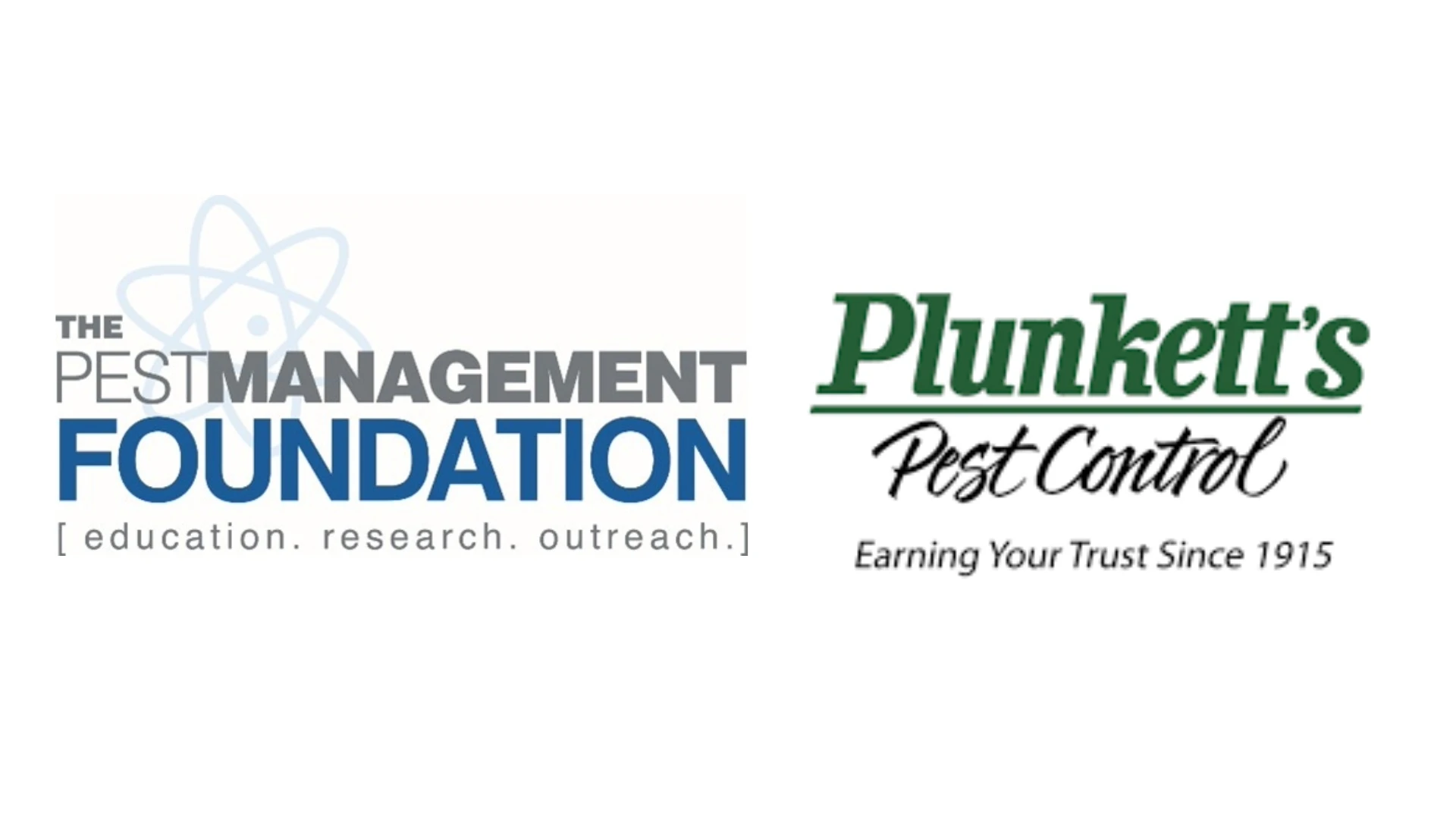Cockroaches as Food Critics?
According to new research published in the journal Behavioral Ecology and Sociobiology, roaches behave like mini-restaurant critics, sharing recommendations about the best places to eat and pursuing gourmet tips offered by their bug buddies.
The study’s lead scientist, Dr. Mathieu Lihoreau of Queen Mary, University of London, told AOL News that while it was previously assumed that cockroaches foraged and ate alone, he had long suspected that this wasn’t true. "If you walk into an infested apartment, you’ll see them in a group," he said. Lihoreau believed that this apparently social behavior could be a sign that the bugs were communicating with one another.
To test this hunch, Lihoreau and his team developed a simple experiment. Gangs of cockroaches were released in a 1-meter-square enclosure where they could choose between two identical slices of bread. "If they were behaving individually, then they would split into two similar sized groups and head to both food sources," he explains. "But if they were communicating and cooperating, then they would aggregate on one slice of bread."
The experiment was carried out with groups ranging from 50 to 200 cockroaches. While the lower-density swarms didn’t show a preference, larger groups repeatedly gathered around one of the two slices, with some 65 percent of roaches deciding to chow down on a single piece of bread. "What it means is that we have a collective decision by the cockroaches to select one food source," Lihoreau says.
*****
Workshop Addresses Insect-Based Terrorism
A workshop at the University of Florida addressed the possibility of an unusual but potentially massive form of insect-based terrorism that could be launched in Florida. The workshop, titled "Counteracting Bioterrorist Introduction of Pathogen-Infected Vector Mosquitoes," dealt with the use of pathogen-laced mosquitoes to spread a deadly disease.
Former Gov. Bob Graham, co-author of one of the most authoritative studies of terrorist threats against the United States, "World at Risk," gave the plenary address at the event, which discussed the overall bioterrorism threat.
How real is the threat? Many of the world’s most dangerous pathogens already are transmitted by arthropods, the animal phylum that includes mosquitoes. But so far the United States has not been exposed to a large-scale spread of vector-borne diseases like Rift Valley, chikungunya fever or Japanese encephalitis. But terrorists with a cursory knowledge of science could potentially release insects carrying these diseases in a state with a tropical climate like Florida’s, according to several experts who spoke at the workshop.
Co-sponsored by UF’s Emerging Pathogens Institute, the Florida Medical Entomology Laboratory and the USDA Center for Medical, Agricultural and Veterinary Entomology, the two-day workshop brought together experts from a wide variety of disciplines at the state and national level to assess the threat of using mosquitoes as weapons and the preparations the state could take to stave off such an attack.
Currently, there is no organized plan at any governmental level to develop the resources for mosquito control that would prevent such an attack.
*****
Animal Planet Asks:
What’s the Worst Home Infestation Job You’ve Had?
Darlow Smithson Productions, a documentary film company based in London, is working on a new film and would like to hear from pest management professionals (PMPs) in the U.S. The firm is looking for the most extreme infestations that PMPs have dealt with — infestations and situations that would make most people’s skin crawl.
Made for Animal Planet, this documentary will explore the natural history of some of the creatures that hide, bite, roost, burrow and make themselves at home in other peoples’ homes. Through speaking with the residents who have been impacted by their unwanted visitors, with entomologists and the PMPs who attempted to combat the problem, the documentary will explore the natural history of why and how the infestation developed.
Infestations can be past or present, and cover bats, bees, roaches, mice, bed bugs, or anything else that has caused distress for PMPs and their customers.
Filming is underway, so pest management professionals interested in sharing a memorable story can do so by sending an e-mail to Darlow Smithson Productions’ Nina Bailey at nina.bailey@darlowsmithson.com.

Explore the August 2010 Issue
Check out more from this issue and find your next story to read.
Latest from Pest Control Technology
- Insects Limited Announces Leadership Changes, Promotions for Continued Growth
- Rockwell Labs Adds Gill as Mid-Atlantic Region Technical Sales Representative
- OvoControl Now Registered Internationally for Use in the UAE
- Cindy Jones Becomes First Woman President of CPCO of Georgia
- How Fast Can Infestations Grow?
- NPMA to Host Spotlight Series on Critical Rodenticide Regulations
- Cetane Associates Promotes McCauley to Director of Marketing
- Bobby Corrigan Named the 2024 Crown Lifetime Achievement Award Recipient





